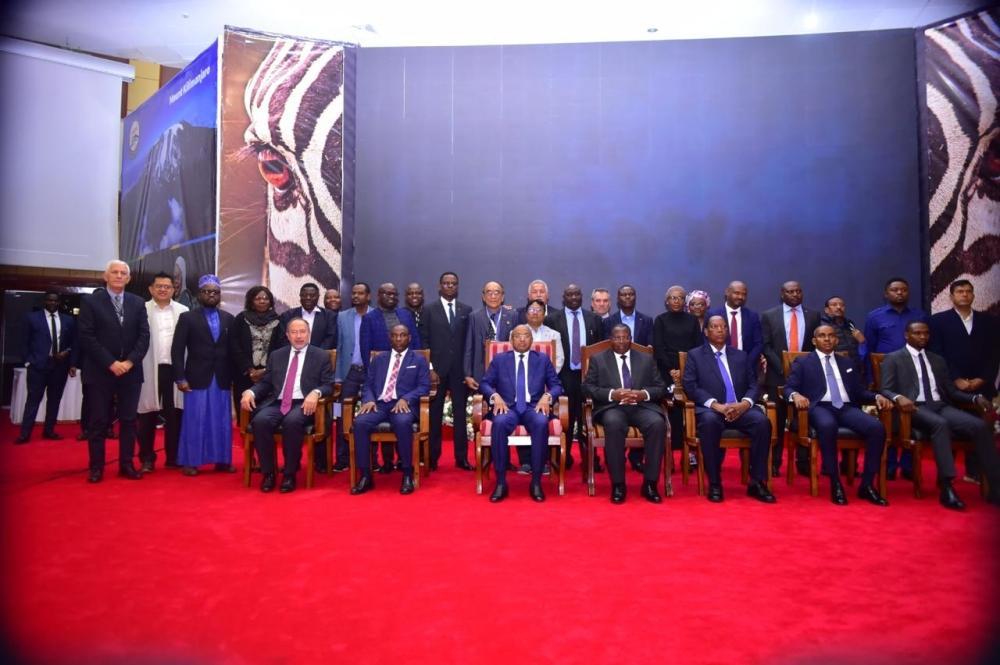Africa-Press – Rwanda. Rwanda Media Commission (RMC) is seeking to influence media policies in the region and advocate for press freedom through its new role of representing the East African press councils on the board of the Network of Independent Media Councils in Africa (NIMCA).
The nomination was done during the Pan-African Media Councils Summit, held from July 14 to 16 in Arusha, Tanzania.
The nomination marks a significant step in strengthening Rwanda’s role in shaping continental media governance frameworks and policies, especially in addressing digital-era challenges, Emmanuel Mugisha, the Executive Secretary of RMC, told The New Times.
“It is also an opportunity for RMC to influence media development, advocate for press freedom, and enhance the media sector’s capacity in the region,” Mugisha said.
“RMC will contribute to shaping media governance frameworks and policies in Africa, aligning with NIMCA’s objectives.”
“This representation also facilitates collaboration between RMC and other media councils on the continent, fostering knowledge sharing, best practices, and collective problem-solving.”
Mugisha noted that the commission’s participation in NIMCA aims to promote press freedom, responsibility, and professionalism at both regional and continental levels.
The summit also hosted the inaugural Annual General Meeting of NIMCA, where delegates highlighted digital literacy as a critical and urgent response to the evolving digital ecosystem.
As part of its new regional mandate, RMC intends to work towards integrating journalism services across the East African Community (EAC), with a focus on improving information flow and ensuring content integrity.
“At the EAC press councils’ sideline meetings, we adopted the idea of harmonising codes relating to AI,” Mugisha added.
The summit also hosted the inaugural Annual General Meeting of NIMCA, where delegates highlighted digital literacy as a critical and urgent response to the evolving digital ecosystem. They cited challenges such as the spread of fake news, disinformation, and harmful online content, which have left many African societies exposed.
The summit identified the lack of digital media literacy among journalists, citizens, and policymakers as a key underlying problem.
Delegates called for targeted training, stronger partnerships with fact-checkers, and community awareness efforts. Regulators were urged to hold tech platforms accountable and advocate for legal frameworks that balance freedom of expression with curbing harmful content.
Schools were urged to include digital literacy in their curricula and engage youth in responsible digital behaviour.
During the meeting in Arusha, a new NIMCA leadership team was elected, with Kennedy Mambwe, Chairperson of Zambia’s Media Self-Regulation Council, serving as President, and Phathiswa Magopeni, Executive Director of the Press Council of South Africa, as Chairperson. Regional representatives from East, West, and Southern Africa were also appointed.
The World Economic Forum indicates that countries with high media literacy face less disinformation than those with lower levels of literacy. One UNESCO study found that only 18 per cent of internet users in Africa have the critical skills to assess online content.
For More News And Analysis About Rwanda Follow Africa-Press






